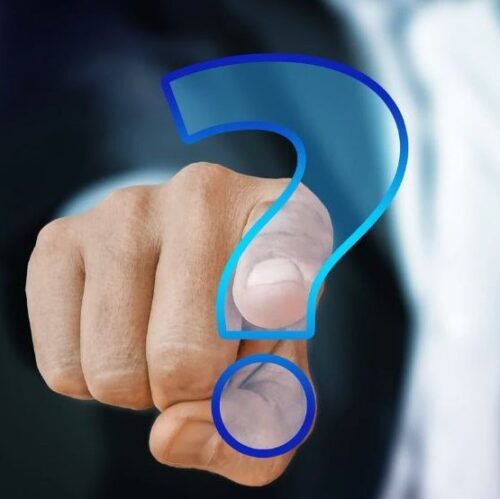Who Do You Answer To?
by Subomi Plumptre

Has there ever been a time when life came at you in ways that had you wondering who you answer to?
From 2015 to 2020, a series of seemingly unrelated events culminated in a personal crisis. Here’s the timeline of what happened.
In the summer of 2015 my mom died, and then 6 months later, in 2016, my dad followed. By 2017, I started a company and considered leaving my day job.
I eventually became a full time entrepreneur in 2020, setting up two more companies. But, my co-founder couldn’t join me immediately. He was transitioning from his own company and put in for a Master’s degree abroad.
In the same year (2020), Covid struck and I stopped going to church physically and then, virtually. By 2021, my closest friend and I drifted apart over strange circumstances. 2022 then came around and I began spending more time away from Nigeria as I built a global business.
The main highlights – My parents died. I left my job. I stopped going to church. My co-founder wasn’t around. I lost my closest friend. I was away from family and my inner circle.
Now, for the impact.
Accountability Really Matters
One consequence of everything that happened, was I no longer had authority structures that I answered to. There were few people to bounce perspectives off of, on a consistent basis. I was without loud dissenting voices, and no one had intimate access to the daily workings of my life or mind. My aspirations and motivations weren’t shared except in random social media posts or private prayers.
I figured out issues on my own, took decisions alone and became very independent. And this was a recipe for disaster.
I now believe humans aren’t designed to submit to God alone or to function as the sole arbiters of their own decisions. That would make us extremely self-centered. We are meant to modulate one another and to be co-dependent with other humans. We ought to think in terms of “us” and not “I”. Anything else incubates pride and an outsized ego.
When you’ve been without a companion for a long time, you replace the co-dependent part of you with other things, and it becomes a limb you learn to live without. The need for companionship is still there, but as you cannot meet it overnight, you cope as best as you can.
Accountability Humbles You
My experiences taught me it’s a good idea for leaders to have someone they answer to. Entrepreneurs need mentors they respect. People should have friends to call out their bullshit. Politicians cannot have the final say.
No matter how successful you are, there ought to be one who can call you to order. And in many cases, the onus is on you to submit yourself, even if the balance of power is in your favour.
Accountability is humbling. The willingness to be wrong and to change makes a heart soft and teachable.
Without humility, you will have no mirror, wisdom, perspective or pushback. The result? You might become proud and eventually destroy yourself.
In Conclusion
As you become more accountable, the world stops revolving around you and your achievements. You see other people and readily acknowledge their contributions. Words like, “Please” and “Thank you” come quicker. It becomes easier to stop everything to spend time with loved ones, because other things matter more than work.
Giving to the poor and volunteering become imperative because you now situate yourself within the broader context of humanity.
In my case, the last few years have been a brutal learning period. I am so shaken by all the changes that I have not fully processed them. But I am taking deliberate steps to close my accountability and relationship gaps. I sincerely hope you do the same.
For more, please read https://www.subomiplumptre.com/responsibility-is-killing-me
I now believe humans aren't designed to submit to God alone or to function as the sole arbiters of their own decisions. That would make us extremely self-centered. Share on X

